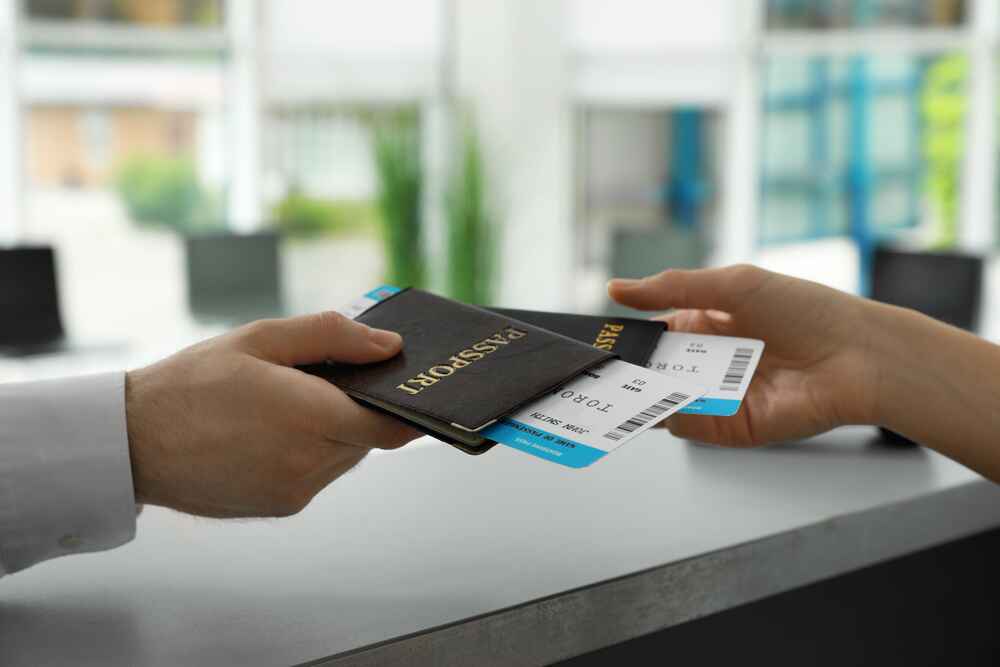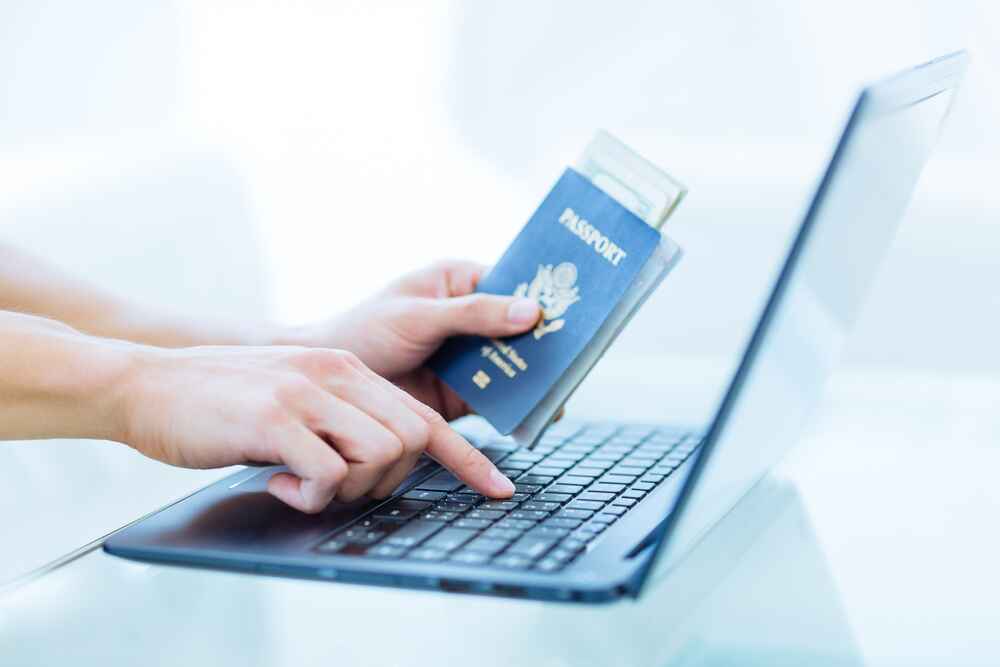Passport verification is vital to proving a person's identity. It is key in many cases, like recruitment, customer onboarding, and border security. With identity fraud on the rise, checking passports is vital for organizations, governments, and banks. This article explores the passport verification process. It covers its importance and role in protecting identities.
Why Passport Verification Is Critical
Passports are among the most secure and reliable forms of personal identification worldwide. However, identity theft, document forgery, and passport tampering are now common. Passport verification adds a defense. It confirms if the passport info is genuine and untampered. Here are the primary reasons why passport verification is crucial:
- Identity Protection: A key reason for thorough checks is to prevent identity theft and passport fraud. By verifying passport details, organizations can confirm people's identities.
- Fraud Prevention: Passport verification detects tampered personal details or the Machine-Readable Zone (MRZ). The MRZ is a key area that stores encrypted information about the holder.
- Regulatory Compliance: Many industries, like banking, must verify customers' identities before providing services. Passport verification helps businesses comply with KYC and AML rules.

How Passport Verification Works
Passport verification is a multi-step process designed to ensure that the passport and its data have not been tampered with. Here’s an overview of the key steps involved:
1. MRZ (Machine-Readable Zone) Verification
The MRZ is a two-line code at the bottom of a passport's identity page. It contains crucial data, including the passport number, nationality, date of birth, and expiration date. Passport verification tools check the MRZ against the document's info
Types of MRZ Codes:
- Type 3 Travel Documents: These have two lines with each line consisting of 44 characters.
- Type 1 Travel Documents: These have three lines, each containing 30 characters.
The MRZ ensures that any tampering or inconsistencies can be detected quickly. The ICAO algorithm can find anomalies by comparing the MRZ with the original data. It does so with high precision.
2. Biometric Verification
Many modern passports have biometric chips. They contain the holder's biometric data, like fingerprints and facial recognition data. This advanced feature helps verify the passport holder's identity. It does this by matching the biometric data on the chip with the person's actual biometrics.
3. Data Validation Against Official Databases
Passport verification solutions often cross-check the provided data with national and international databases. This can confirm if a legitimate authority issued the passport. It will ensure no discrepancies exist between the official record and the document.
4. Forgery Detection
Unlike email, which can take days, VPD enables real-time chat. Faster issue resolution boosts efficiency and speeds up decisions.
5. Global Reach
Automated passport verification systems can detect signs of tampering, forgery, or alterations. For example, flags can detect changes in the printed personal info, photos, or MRZ codes. This lets organizations reject fraudulent applications quickly.
Key Benefits of Passport Verification
Adding passport verification to your security protocols has many benefits. This is especially true in travel, finance, and public safety. Here’s a detailed explanation of these benefits:

1. Speed and Efficiency
Automated passport verification systems can process documents in real time. This lets businesses and border authorities quickly check a passport's validity. This cuts manual work and speeds up processes. It's vital in busy places, like airports and hotels, and during bank customer onboarding. For example, in travel, real-time checks speed border crossings. In business, they allow quick customer onboarding with minimal delays.
2. Enhanced Security
Passport verification systems, especially those using biometrics and AI, are very secure. They can detect tampering or forgeries by analyzing documents. They also compare biometric data against secure databases. It helps prevent identity fraud. This is crucial for organizations that handle sensitive information. Automated checks for data consistency boost security. They reduce the risk of human error in manual inspections.
3. Regulatory Compliance
In banking, insurance, and finance, firms must follow regulations like KYC and AML. Passport verification helps businesses meet regulations. It verifies customers' identities during onboarding. This helps organizations avoid penalties, fines, or suspensions for non-compliance. This is vital in highly regulated sectors..
4. Improved Customer Trust
Robust verification systems boost customers' trust. They show a business's commitment to securing personal data. This is vital in banking and finance. Customers must know their sensitive information is safe from theft and fraud. It also shows transparency and responsibility. This builds trust between the business and its clients.
When Should Passport Verification Be Conducted?
- Recruitment:Employers can verify the identity of job applicants. This ensures they hire candidates with real credentials.
- Banking and Financial Services: Financial institutions must verify the identities of those opening accounts, applying for loans, or doing high-value transactions.
- Travel and Immigration: Border and immigration agencies check passports to catch fake documents.
- Government Services: Many government services require identity verification to prevent fraud. This includes benefits programs and licensing agencies.
Conclusion
Passport verification is vital. It guards against identity fraud. It ensures legal compliance and boosts security. Automating passport checks in workflows boosts security, efficiency, and customer trust. A strong passport verification system can help businesses. It reduces the risks of fake identity documents
Passport verification systems check every step. They reliably confirm identity, reduce fraud, and meet global security standards.